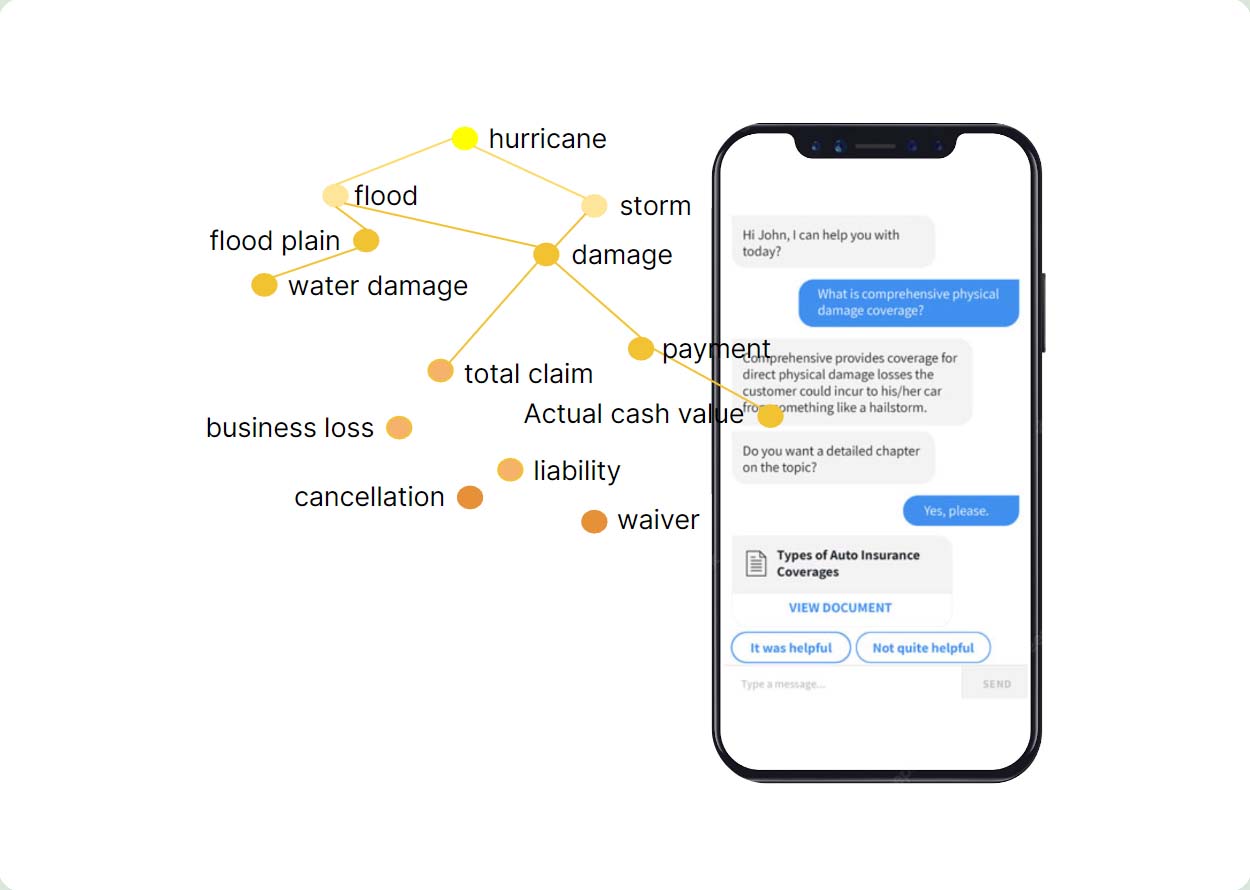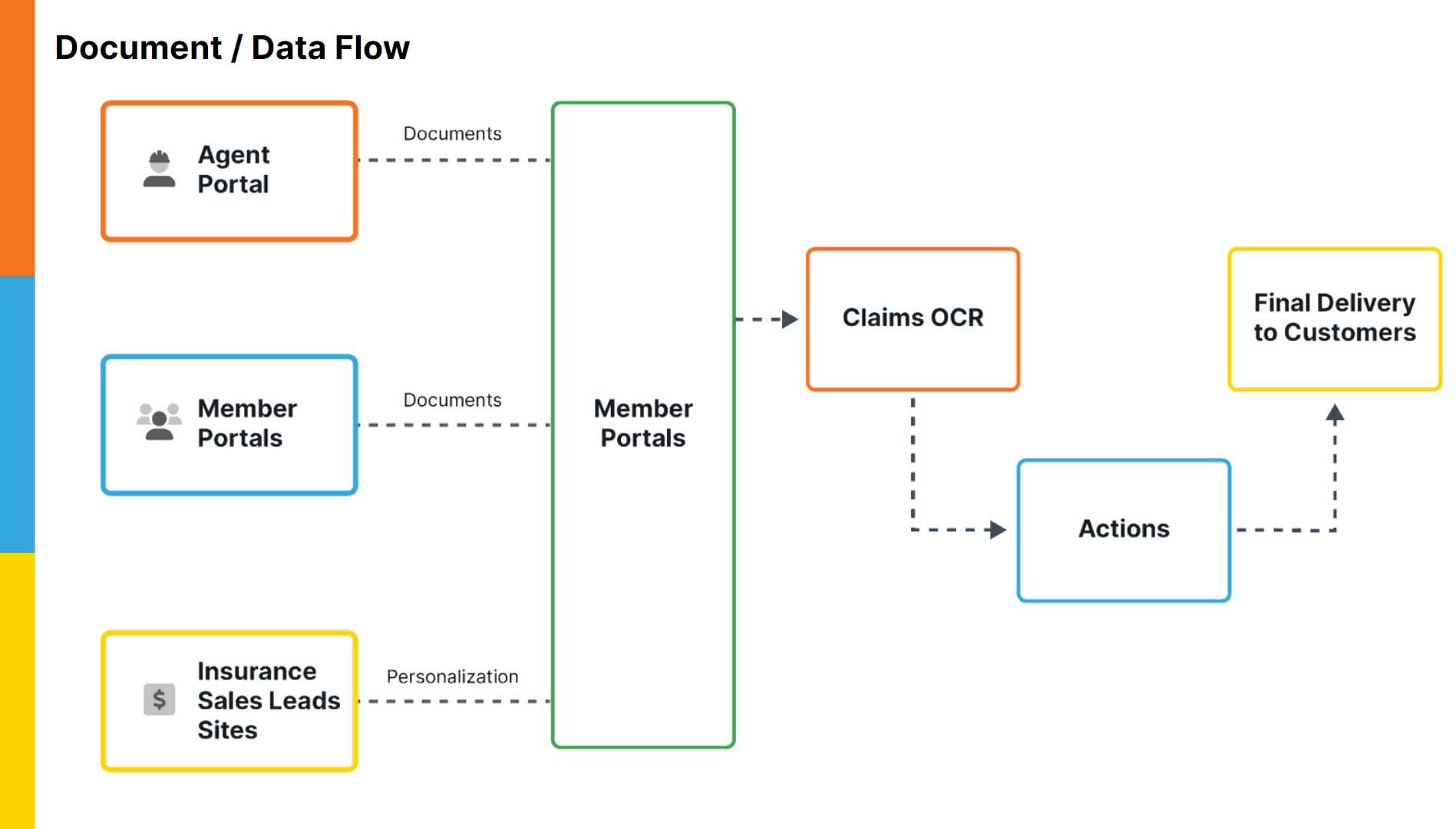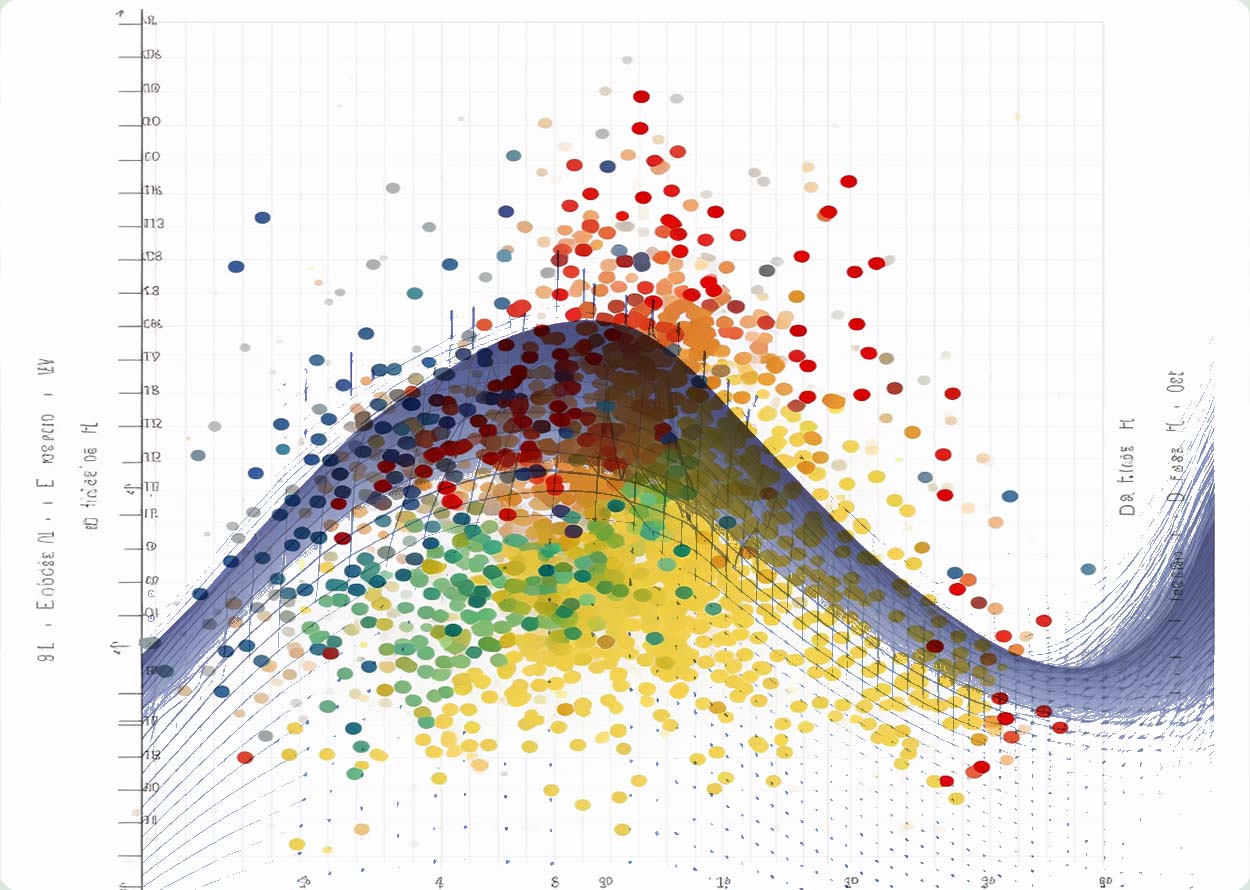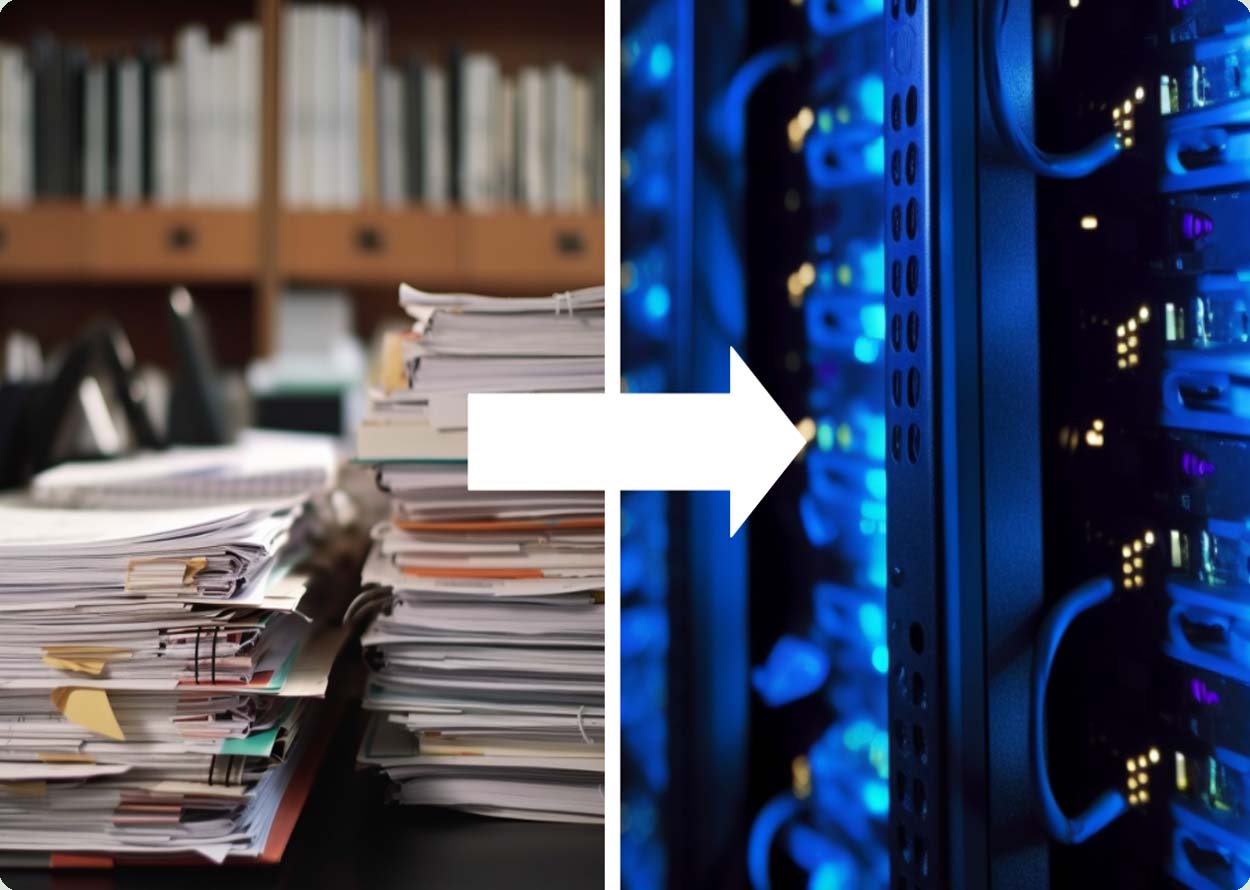Goal & Purpose
Risk Assessment
Dynamic Documents
Legacy Integration
Automation

Dynamic Documentation
Policies and contracts held by clients can be scanned and instantly sorted by the recognized entities and topics covered. The text of the policies can build the NLP recognition engine for custom AI training, which builds a stronger proprietary knowledge base. All these documents then start into an automated workflow as determined by internal managers.
Capabilities:Automatic RPA document sorting based on content
NLP entity recognition of all proper nouns, verbs, terms
Build corporate knowledge base
Unstructured text to structured data
AI Damage Estimators
We processed 100,000+ images showing damage; then, we created cross-tabulated ML models with the corresponding repair bills.
We increased estimate accuracy by 41% compared to the previous platform, which the automotive brand abandoned altogether. To train the system, Iterate’s AI team processed 20M vehicle repair estimations and 100K images of various damaged vehicles. Many customers had a positive experience with this solution: 75% who started the process scheduled an appointment based on the estimated price.
Results:
Increased accuracy of estimates
Better customer satisfaction
Accurate real-time demand projections
Enriched overall data set


AI Text Support
Customer assistant chatbots can be powered by a specific vocabulary built by computer modeling of all existing auction texts with Natural Language Processing (NLP).
Hundreds of “intents” are recognized by the AI-chatbot. Roughly half of all inquiries are immediately handled by AI while the rest are passed on to human agents. This same vocabulary drives search, quizzes, and trend interactions.
System Flow




AI Credit Risk Modeling
Integrate with Legacy Systems
Insurance providers have decades of records and petabytes of legacy data. As a result, providers have an enormous investment to existing legacy systems that have functioned for years without major disruption. CTOs are faced with the challenge of protecting this investment while also incorporating new technologies.
Interplay can connect modern AI engines to legacy systems that may not have APIs available: text scraping, RPA, ANSI feeds, etc. can all work inside an integrated low-code application flow.


